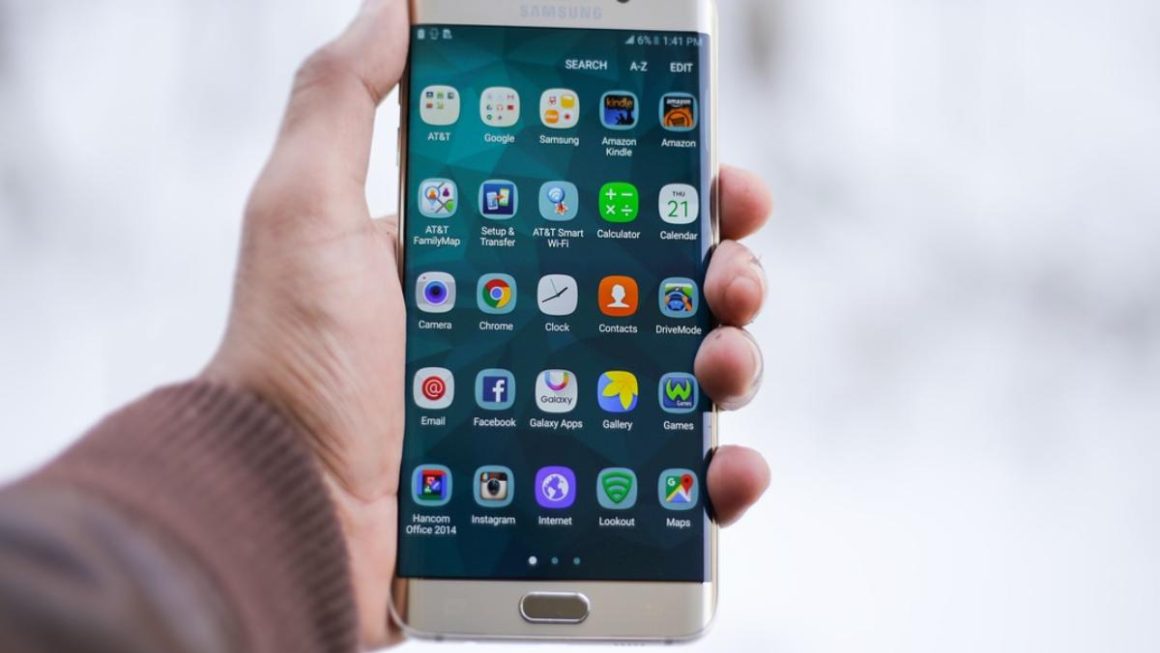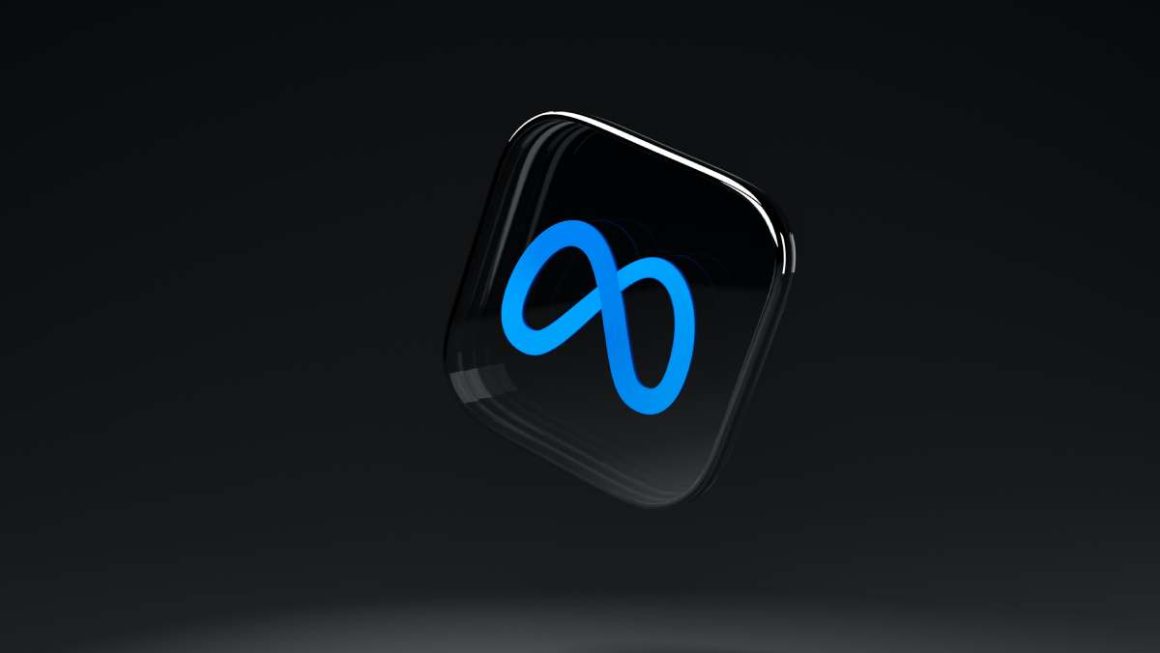Machines connected to the cloud, bracelets that record our exercises, virtual environments that allow us to run through the streets of any city without leaving our gym … a tremendous technological revolution breaks into the world of fitness and sports practice
The fitness industry grows by the day. According to some data from the international association that brings together more than 200,000 health and fitness centers and technology providers worldwide, the growth pattern is unstoppable. There is talk of a combined profit of almost one hundred billion dollars in the past year.
The eruption of technology in the Fitness sector has been tremendous. The race to develop technological advances applied to fitness has recklessly reached the sector. Now, the challenge facing fitness professionals is to sort and screen the vast amount of technology generated in all areas of human activity, which is already having its application in this industry.
The dilemma of the large companies in the sector is to elucidate what is a fad and what will consolidate with time, which technological trends will play a long-term role in the success of fitness centers, and which should be ignored as a whim of the moment.
Online Training Through Fitness Apps
The COVID-19 pandemic has substantially impacted the results of the 2021 survey, and the number 1 trend this year is ‘online training,’ which was only number 26 in 2020. The coronavirus crisis has forced many centers to reorient their activity completely to meet this requirement, adopt the necessary technology, and train to know how to use it.
Social media has been a widely used vehicle for publicizing centers through engaging posts and videos. Still, live streaming can add a plus and take advertising impact to a whole new level.
The transmission of classes through Instagram, Facebook, and Custom Fitness App has become a technological trend that many centers want to take advantage of. It is true that although the offer is vast, much of it comes from non-professional profiles or without technical qualifications, so positioning yourself well with a quality product is still possible.
These broadcasts open to any user of the network can help increase the popularity of the centers and allow potential clients to enter the center in the future. These powerful tools allow you to broadcast classes anywhere globally, interact with followers on the spot, answer any questions, advise life, and direct the appropriate methods to perform each exercise.
The centers also use social networks to generate excitement, promote new videos every week, propose new training sessions, launch promotions and special offers, organize competitions and tournaments, and generate an ecosystem that makes them gain followers.
Wearables
Wearables can be leveraged to drive member engagement and the overall hub experience. Systems that project members’ heart rates and calories in real-time while doing an activity add an engaging new dimension to group classes.
Keep in mind that the widespread use of wearables is not without risks since they help improve independent workouts, such as going for a run or exercising on the stationary bike at home, but they do not work miracles. Potential customers could even debate between buying a wearable or enrolling in a fitness center. Still, this dilemma is a fallacy since currently, no wearable on the market can tell the user if the exercise is well executed or if a movement can be harmful. The user of a fitness center must understand that attending the sports center will increase the usefulness of his portable device and facilitate the all-important supervisory work of a qualified trainer.
Smart Types of Equipment
Intelligent fitness equipment uses technology to provide data to the user, such as frequency of workouts, calories burned, weekly challenges, etc., while providing the center’s staff with precious information on the use of the equipment and user preferences.
The different sensors that today include the fitness machinery facilitate the analysis of the training in real-time: from bodybuilding equipment that can give an automatic warning when the user exceeds a specific heart rate to gamified machines that mark the speed of each repetition through virtual games.
On the other hand, the connection to the cloud allows the center staff to monitor the activity of the users instantly and be aware of the maintenance needs that arise at all times.
Personnel and customer management applications are increasingly popular in the fitness sector and also affect the most purely administrative tasks: mobile applications that streamline management, organization of spaces, repair of breakdowns, management of the shifts of the workers and the classes and that, in short, offer their clients a much more comfortable method to interact with their center.
These technologies have become the most significant niche market in the world of fitness, as they genuinely optimize the center in every way. Putting your data in one place saves time and energy. Gone are when tracking was done through spreadsheets on different devices or even through physical records on paper.
Competent teams bring a new and exciting element to the center. They can encourage users with decreasing levels of engagement, giving them a new goal and encouragement to visit the club continually.




